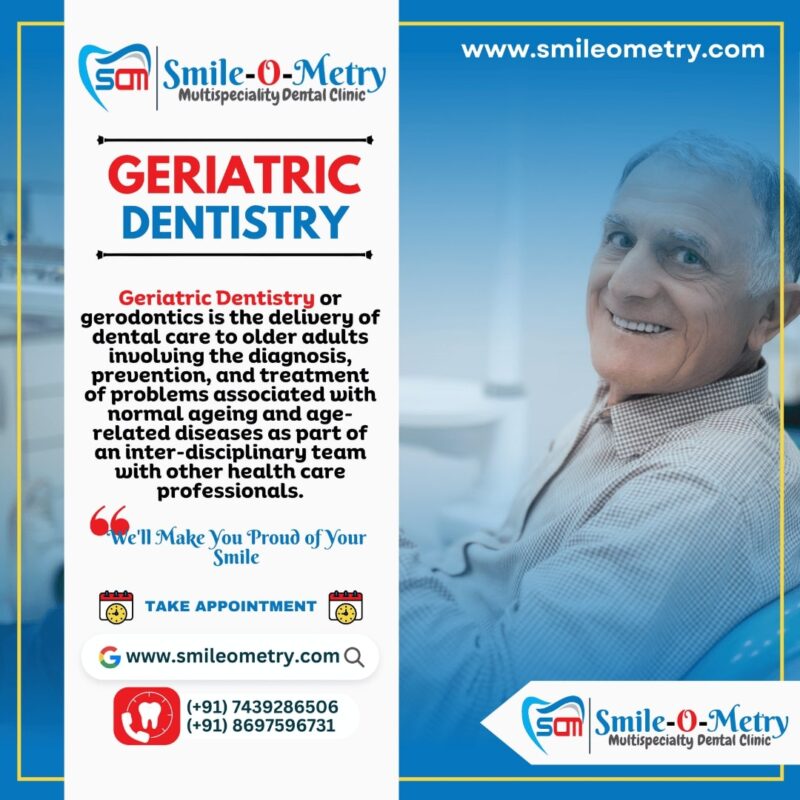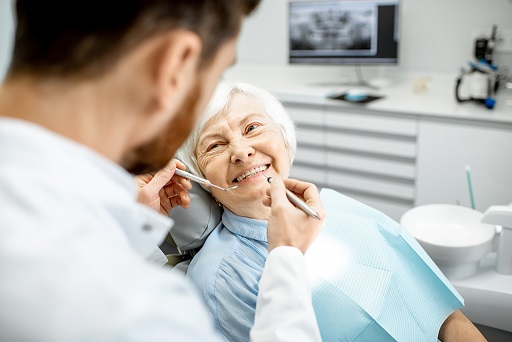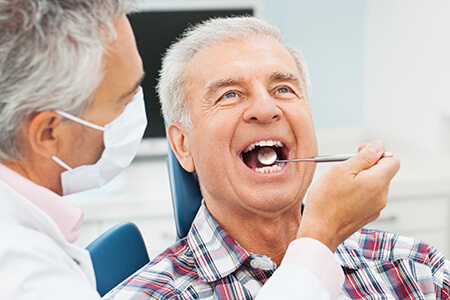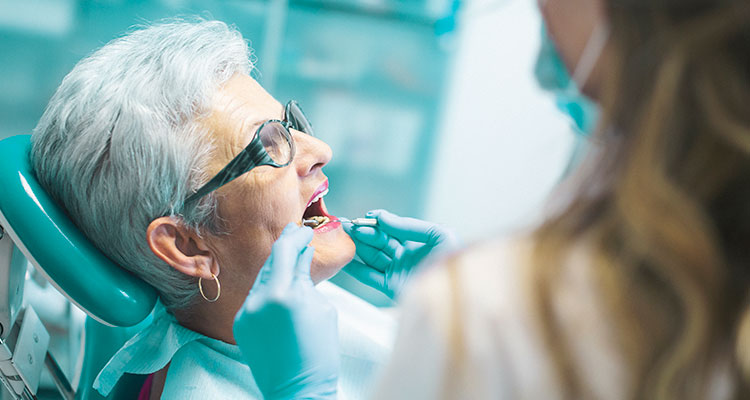Geriatric Dentistry
Geriatric dentistry, also known as gerodontics or elderly dentistry, is a specialized branch of dentistry that focuses on the oral health and dental care of older adults. It involves the diagnosis, prevention, and treatment of dental issues that are common among the elderly population.
As people age, they become more susceptible to various oral health problems due to factors such as natural wear and tear, chronic health conditions, medications, and lifestyle factors. Geriatric dentistry addresses these unique dental needs and aims to improve the overall oral health and quality of life for older individuals.
Here are some key aspects of geriatric dentistry:
-
Comprehensive dental care: Geriatric dentists provide a wide range of dental treatments, including regular check-ups, cleanings, restorative procedures (such as fillings, crowns, and bridges), removable and fixed dentures, oral surgery, and treatment of gum diseases.
-
Oral health assessment: Geriatric dentists assess the oral health of older adults by examining their teeth, gums, and oral tissues. They look for signs of dental decay, gum disease, oral cancer, and other oral conditions. X-rays and other diagnostic tools may be used to aid in the evaluation.
-
Treatment planning: Geriatric dentists develop individualized treatment plans based on the specific needs and circumstances of each patient. They consider factors such as overall health, medications, cognitive abilities, and functional limitations to ensure that the proposed treatments are safe and effective.
-
Specialized care for age-related conditions: Geriatric dentists are familiar with the dental implications of age-related conditions, such as arthritis, osteoporosis, diabetes, cardiovascular diseases, and Alzheimer’s disease. They can adapt dental procedures to accommodate these conditions and collaborate with other healthcare professionals to provide comprehensive care.
-
Prevention and education: Geriatric dentistry emphasizes preventive measures to maintain optimal oral health. This includes educating older adults on proper oral hygiene practices, dietary recommendations, and lifestyle modifications. Regular dental check-ups and professional cleanings are essential for early detection and management of oral issues.
-
Management of oral health challenges: Geriatric dentists are experienced in managing challenges that older adults may face, such as xerostomia (dry mouth), tooth loss, gum recession, and decreased manual dexterity. They may recommend strategies and devices to overcome these challenges, such as saliva substitutes, denture adhesive creams, and electric toothbrushes.
Geriatric dentistry plays a crucial role in promoting oral health and well-being among older adults. It helps to preserve natural teeth, alleviate pain, improve chewing and speaking abilities, and enhance overall quality of life. Regular dental care for seniors is important, even for those who have lost all their natural teeth, as it helps maintain healthy gums and ensures proper fit and function of dentures or other dental prostheses.





